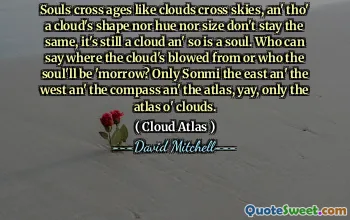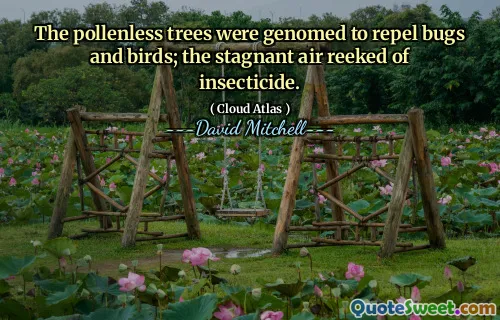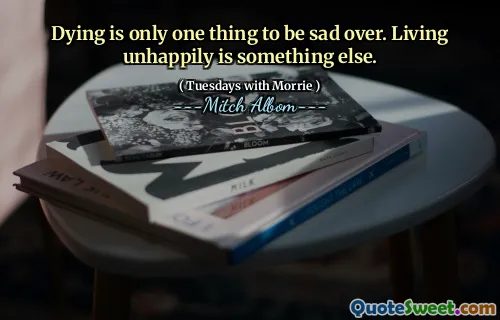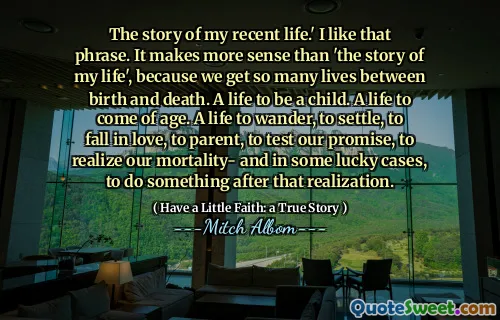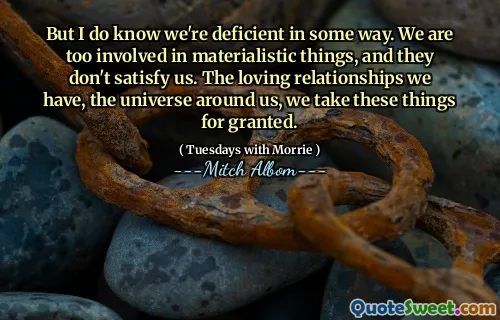
Maybe a long life does have to be filled with many unpleasant conditions if it's to seem long. But in that event, who wants one?" "I do," Dunbar told him. "Why?" Clevinger asked. "What else is there?"
This quote prompts reflection on the nature of a long life and what it entails. The idea that longevity might require enduring numerous unpleasant conditions suggests that a prolonged existence is not merely a gift but also a challenge. It raises questions about the quality versus quantity of life—are we truly living if our days are filled with suffering and hardship? However, the reply by Dunbar underscores a deeper perspective: despite the hardships, life itself is valuable because it encompasses the full range of experiences—joy, sorrow, struggle, and triumph. The rhetorical question "What else is there?" invites us to consider that life, with its complexities and difficulties, is inherently meaningful because it contains all facets of existence. It challenges the reader to think about acceptance and resilience—embracing life's inevitable pains as part of the human condition. Furthermore, it subtly suggests that the value of life is not solely in its ease or comfort but in its fullness. Sometimes, embracing the struggles can lead to a richer understanding of oneself and the world. From a philosophical standpoint, this quote aligns with ideas that emphasize the importance of endurance, meaning, and the acceptance of life's inherent imperfections. It leaves the reader pondering whether the worth of existence lies in its suffering or in the experience of life itself, with all its complexities and contradictions.






